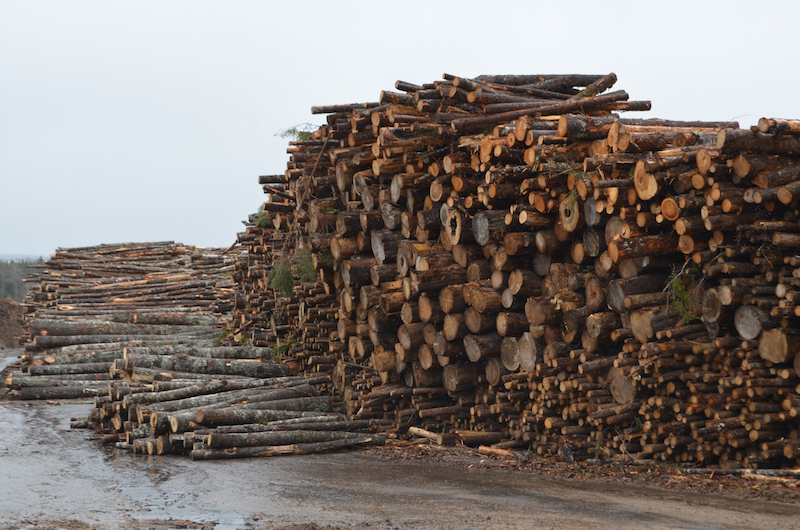
Federal government invests $13M in six Indigenous biomass projects
September 22, 2020
By
Ellen Cools

The government of Canada announced nearly $13 million in funding yesterday for six biomass projects in Northern Ontario.
Here is a breakdown of the funding:
- Askii Environmental Inc. will receive $1.67 million to install biomass heating systems in Kichenuhmaykoosib Inninuwug First Nation and Pikangikum First Nation to offset fossil fuel used to heat schools in the communities.
- The government is investing $2,452,750 in Wikwemikong Development Commission to demonstrate the effectiveness of forest-based biomass and efficient residential heating sources in Wikwemikong Unceded Territory by installing pellet stoves, biomass boilers, wood pellet furnaces and wood pellet storage silos.
- Meanwhile, $2,532,000 is going to the Nishnawabe Aski Nation to replace wood stove heating appliances in six of the nation’s communities with upgraded high-efficiency wood stoves. According to a government press release, this will reduce the amount of fossil fuels used for heating by lowering demand on the community’s diesel-generated electricity supply.
- The Bingwi Neyaashi Anishinaabek will receive $1,051,000 to replace their sawmill diesel heat source with a biomass system and install biomass-compatible heating systems in three new housing units. This will help the community prepare for future biomass heating expansion and demonstrate the economic benefits of biomass heating.
- The biggest investment – $4,168,000 – goes to Sagatay Cogeneration Limited Partnership to help them develop engineering plans for a biomass cogeneration system that will reduce the community’s dependence on diesel fuel for heat and electricity.
- Finally, $983,000 will go to Wahgoshig First Nation to install a forest biomass heating system for four community buildings.
The funds for these projects come from the Clean Energy for Rural and Remote Communities Program: BioHeat Stream.
“It has been a blessing and an honour for me to work with Pikangikum First Nation and Kitchenuhmaykoosib Inninuwug on their clean energy journey. This 300 kW wood chip boiler project is not only about clean energy and diesel reduction but also so much about capacity development. Each Nation now has a team of five workers who are primarily youth working and learning in the multi-faceted wood gathering program. Each Nation now has a sawmill to make lumber in the community, chain saws to harvest for firewood and fuel for the boilers, and Pikangikum First Nation also has tools to fabricate value-added items such as sheds and furniture. It is hoped that Kitchenuhmaykoosib Inninuwug will have carpentry tools next year. Thanks to Natural Resources Canada, many programs, Independent Electricity System Operator (IESO) and the other funders who have supported this amazing initiative. Chi Miigwetch,” said Cara Sanders, principal of Askii Environmental Inc., in a statement.
“We sincerely appreciate the funding commitment of NRCAN to the Wiikwemkoong Unceded Territory’s Wood Pellet Heating and Infrastructure Project. NRCAN is supporting Wiikwemkoong’s vision to build a sustainable community and addresses our objective to reduce our ecological footprint. The Clean Energy Initiatives Sector is one of Enaadmaagehjik’s four economic priorities, and with any new technology we continue to face many challenges in meeting the deliverables. However, with the support and guidance from the NRCan–CERRC team, we will meet our target to address climate change and reduce greenhouse gas emissions. Miigwech,” added Mary Lynn Odjig, general manager/EDO, Wikwemikong Development Commission, in a press release.
Print this page